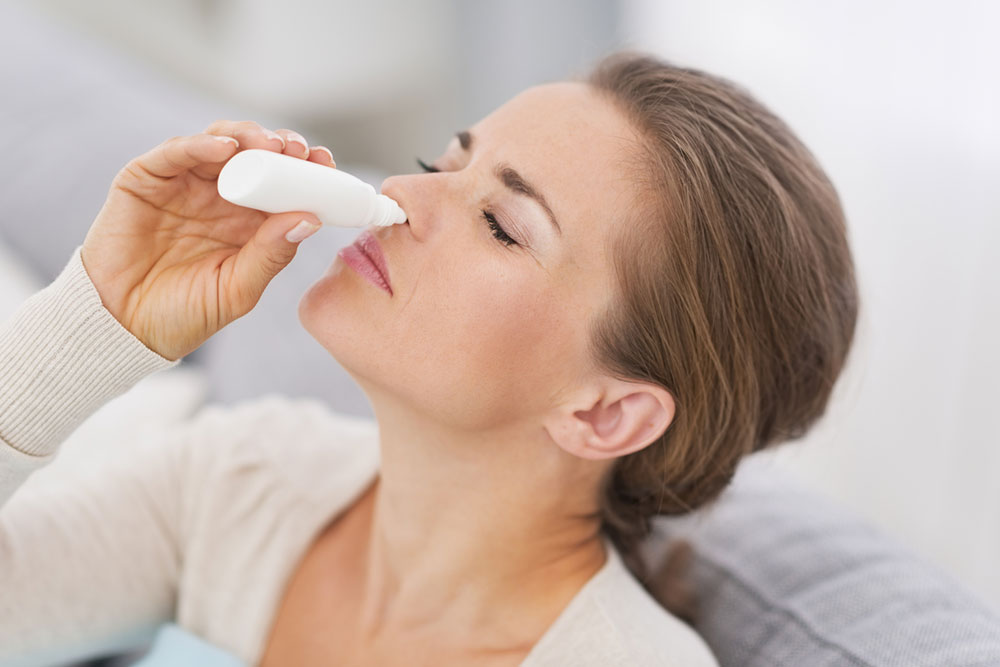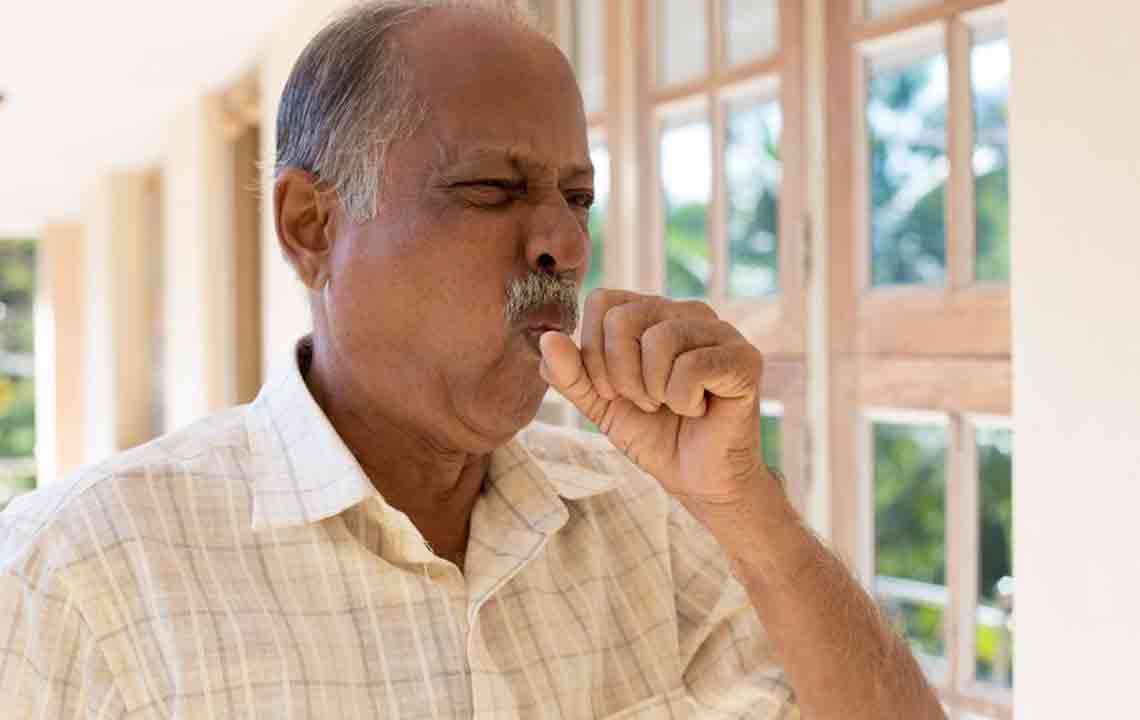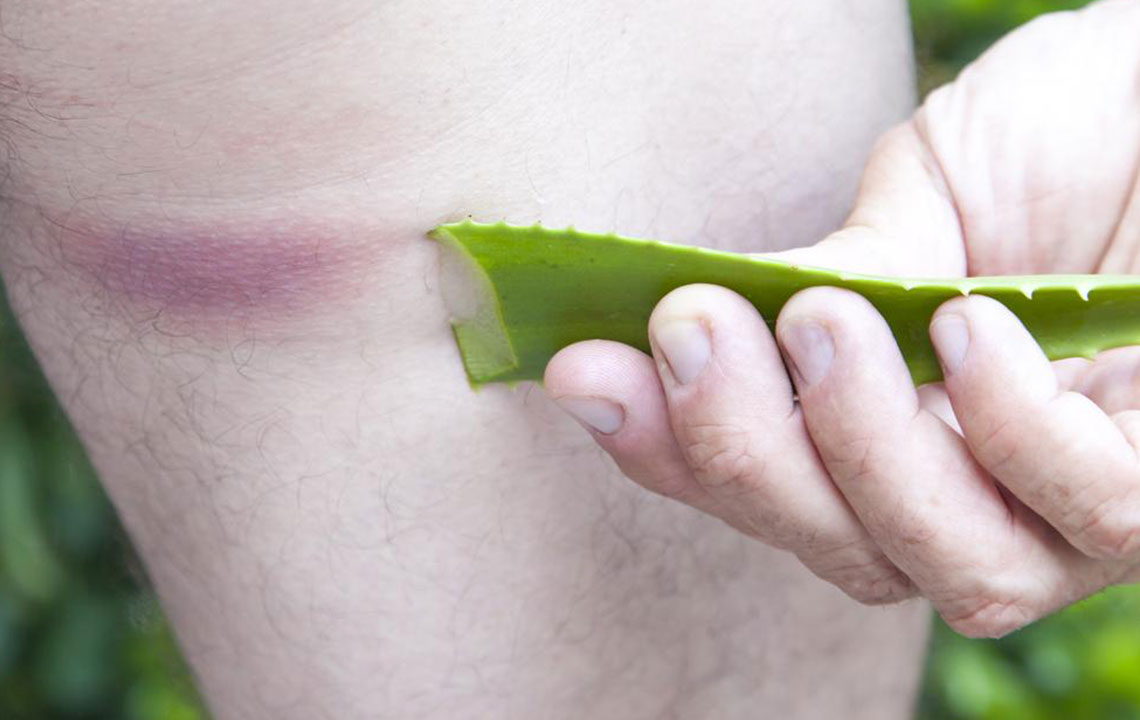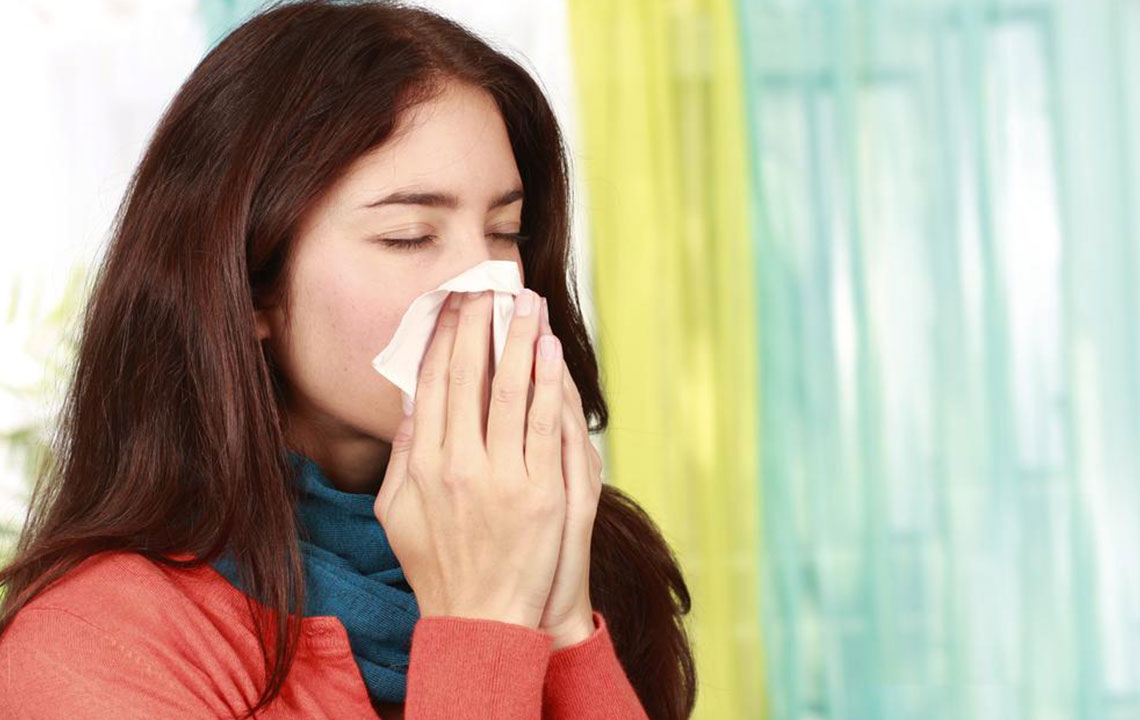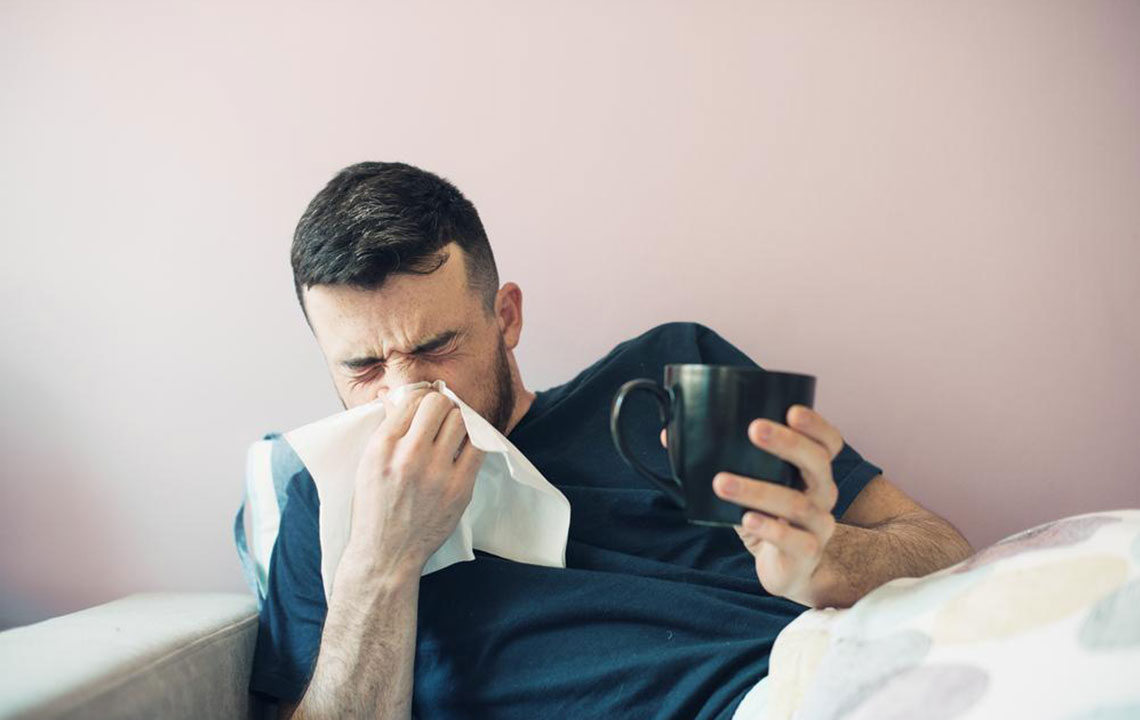Comprehensive Guide to Managing Post Nasal Drip and Persistent Cough
This detailed guide explores the causes, symptoms, and treatment options for post nasal drip and cough. It emphasizes personalized approaches including medications, home remedies, and preventive measures to manage and alleviate symptoms. Understanding and addressing the underlying causes help restore comfort and reduce recurring episodes, improving overall respiratory health. The article provides practical tips to enhance daily living and encourages timely medical consultation for persistent or severe symptoms, ensuring effective management and recovery.

Understanding Post Nasal Drip and Its Impact on Your Overall Health
Post nasal drip accompanied by a persistent cough is a common health issue that affects individuals across all age groups, from children to seniors. This condition can significantly interfere with daily routines, impair sleep quality, and lead to feelings of exhaustion and discomfort. Recognizing the symptoms early and understanding the underlying causes are crucial steps toward effective management and relief. In this comprehensive guide, we will explore what causes post nasal drip, how it impacts your health, and various treatment strategies to help restore your comfort and well-being.
Post nasal drip occurs when excess mucus accumulates in the nasal passages and drips down the back of the throat, often triggering a cough. While mucus production is a normal part of respiratory health, certain conditions can cause it to increase or become thicker, leading to uncomfortable symptoms. Proper diagnosis by a healthcare professional is essential to determine the root cause and select appropriate treatment options to alleviate symptoms effectively.
What Are the Common Causes of Post Nasal Drip and Cough?
The human body naturally produces mucus to trap dust, bacteria, viruses, and other irritants, providing essential protection to the respiratory system. Typically, this mucus is thin and drains down the throat unnoticed. However, when factors like allergies, infections, or environmental triggers cause increased mucus production, it often becomes thicker and more difficult to clear, resulting in post nasal drip.
Allergies, sinus infections, colds, and flu are among the most common culprits that lead to excess mucus. Exposure to irritants like cigarette smoke, dry air, spicy foods, or pollutants can exacerbate symptoms. Sometimes, medications or structural issues within the nasal passages, such as a deviated septum or nasal polyps, contribute to mucus buildup. External weather changes, particularly dry or cold air, also play a role in worsening symptoms. Women may experience more severe episodes due to heightened cough sensitivity, but regardless of age or gender, prompt intervention is vital to prevent complications.
Recognizing Symptoms and Underlying Causes
Persistent post nasal drip can irritate the throat and nasal tissues, leading to a range of uncomfortable symptoms. These include frequent throat clearing, soreness, headaches, ear infections, hoarseness, and in some cases, difficulty breathing. In severe instances, coughing may be so persistent that it leads to blood streaks in mucus, indicating irritation or breakage of blood vessels.
Other associated symptoms include nasal congestion, runny nose, sneezing, and coughing fits that tend to worsen at night. Sleep disruption is common, contributing to fatigue during the day. Factors like weather variations, exposure to allergens, and irritants often influence the severity of symptoms. Women, especially during hormonal fluctuations, may experience heightened responses, intensifying the cough reflex and making symptoms more disruptive.
Effective Treatment Strategies for Post Nasal Drip and Cough
Addressing post nasal drip requires a tailored approach based on the underlying cause. If bacterial sinus infections are involved, antibiotics prescribed by a healthcare professional can be effective. However, viral infections typically resolve on their own, and treatment focuses on symptom relief. Antihistamines, such as diphenhydramine, loratadine, cetirizine, and levocetirizine, are often recommended to reduce allergy-related mucus production. While effective, these medications may cause side effects like dry mouth, dizziness, and drowsiness, so consultation with a doctor is crucial, especially for children and pregnant women.
In addition to medications, other supportive measures play a significant role in symptom management. Nasal sprays — saline or medicated — can help moisturize nasal passages and reduce irritation. Cough suppressants may be used to control persistent coughing, but only under medical guidance. Maintaining proper hydration by drinking plenty of water is vital to thin mucus, making it easier to drain and lessening nasal blockage.
Utilizing techniques such as nasal irrigation with a neti pot can effectively flush out mucus and allergens from the nasal cavities. This method helps reduce congestion and improve airflow. Warm showers and humidifiers also contribute to better nasal moisture, easing breathing and reducing discomfort. Consuming warm beverages like herbal teas, broths, or soups, including chicken soup, can soothe irritated throats and prevent dehydration. While these remedies provide symptomatic relief, addressing the underlying cause is key to long-term recovery.
Home Remedies and Preventive Tips to Reduce Symptoms
Preventive measures are essential in managing post nasal drip and avoiding recurring episodes. Regular cleaning of living spaces — dusting, vacuuming, and washing bedding — reduces exposure to airborne allergens like dust mites, pet dander, and mold. Using dust-mite-proof pillow and mattress covers creates an additional barrier, decreasing allergic triggers.
Elevating your head during sleep with an extra pillow can prevent mucus accumulation and facilitate drainage. Installing air purifiers in bedrooms and living areas helps filter out airborne irritants, safeguarding respiratory health. Avoiding direct exposure to cigarette smoke and environmental pollutants is crucial, as these can significantly worsen symptoms.
Dietary considerations also matter. Limiting spicy foods and processed snacks can reduce mucus thickening, while consuming anti-inflammatory foods such as fresh fruits and vegetables may boost immunity. Recognizing early signs of worsening symptoms — such as persistent high fever, foul-smelling mucus, or blood in sputum — alerts you to seek prompt medical attention. Diagnostic procedures like X-rays or nasal scans may be necessary for complex cases to examine structural issues or rule out other medical conditions.
Adopting these home care strategies combined with professional medical advice can greatly improve quality of life for those suffering from post nasal drip and associated coughs. Consistency in management and prompt treatment are the keystones to preventing complications and ensuring a speedy recovery.
